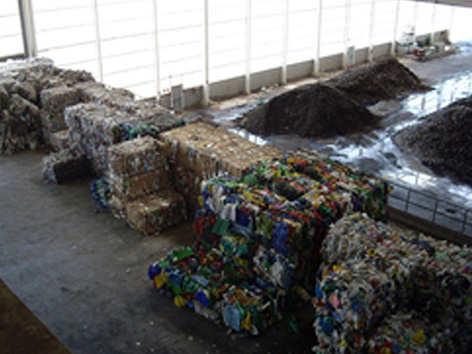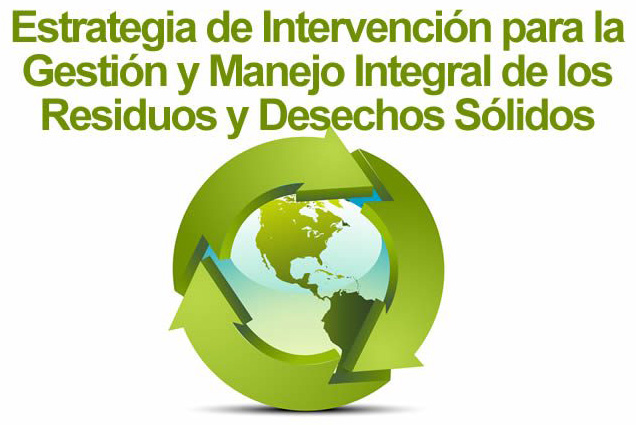
that are not going to be reused, recovered or recycled in the same industrial establishment
MANAGEMENT AND TRANSPORTATION OF SPECIAL SOLID WASTE
![]()

The main objective of the management and transportation of special solid waste is to reduce the risk of producing contamination and protect health..
Among the alternatives considered, the most appropriate solution to the local technical and socioeconomic conditions must be chosen., without ceasing to analyze the pollution aspects.
Solid industrial waste is all solid waste resulting from some industrial process or operation., that are not going to be reused, recovered or recycled in the same industrial establishment. From a regulatory point of view, Included in this definition are those waste products that, even though they are liquid or gaseous, are stored and transported in containers.. In these cases, the character of solid waste is provided by the container or container that contains them., These can be generated from four main causes:
Final waste from the processes: They result from operations that do not fully use raw materials as scraps of gender., metallic highlights, or those operations where waste that is not usable in the process is generated. They also include waste from liquid or gaseous effluent treatment systems such as sedimentation sludge., ashes, filter dust.
Rejected products: They come from quality control processes, in which a product or raw material can be rejected when it is out of specification, such as fruits affected by pests., wet or dirty rinds in pulp mills, finished leather goods rejected by quality control.
Packaging: All packaging and containers of raw materials and supplies (solids, liquid or gaseous) discarded once they fulfilled their objective of transporting and distributing the products such as boxes, wrappers, buzzes.
End of product life: Typically the products(or its components) They have a certain shelf life or expiration date, past which they can no longer be used for what they were produced as expired medications, parts replaced in machinery maintenance, used oils.

The main waste treatment methods are: incineration, composting or composting, recovery; The purpose is to reduce the volume of waste.. However, A sanitary landfill is required to dispose of the waste produced..
- Incineration
With this method a volume reduction is achieved, leaving an inert material, around the 10 percent of initial, and emitting gases during combustion. The reduction is obtained in special furnaces in which combustion air can be guaranteed., turbulence, adequate retention times and temperatures.
The incineration technique is not recommended for developing countries, and even less for small towns, with the exception of its use when treating hospital waste.
- Compostification
It is the system in which the organic components of waste are biologically degradable.. The product is similar to humus and is an excellent soil conditioner., but poor fertilizer. Initially, psychrophilic and masophilic bacteria (10 – 40 °C) further decompose waste. This generates more heat until the temperature and nutrients limit the growth of thermophilic bacteria.. Then the temperature begins to drop and the mesophilic bacteria attack again., until complete decomposition. The destruction of pathogenic organisms is achieved by maintaining the temperature between 60° and 70° for 24 hours.
- Lombricompost
It is a decomposition system using worms., since due to their natural composition they help to release essential elements and make them available again for plants.
The influence of this important population of worms can be summarized in the three functions it performs:
- Constructive use and transformation
It is the transformation of waste into different products (land reclamation by landfill, conversion of organic fertilizer produced by anaerobic digestion of organic waste, heat recovery from waste incineration.

At ECOVALL we have a wide number of consulting services, technical assistance and environmental advice applied to waste management. Developing all our work based on the commitment we acquire with our clients and with the entire society. We provide solutions and tools that guarantee optimal and safe management of waste of all types..
We take care of the preparation of waste plans, as well as the training and training of specialists and the creation of guides and manuals of good practices, as well as waste inventory and minimization plans.
All our work is characterized by highly personalized attention and solutions tailored to our clients., complying with the most demanding quality and safety standards.
MANAGEMENT AND TRANSPORTATION OF SPECIAL SOLID WASTE
We take care of the collection, transportation and management of all types of industrial solid waste,
for intermediate or final treatment



